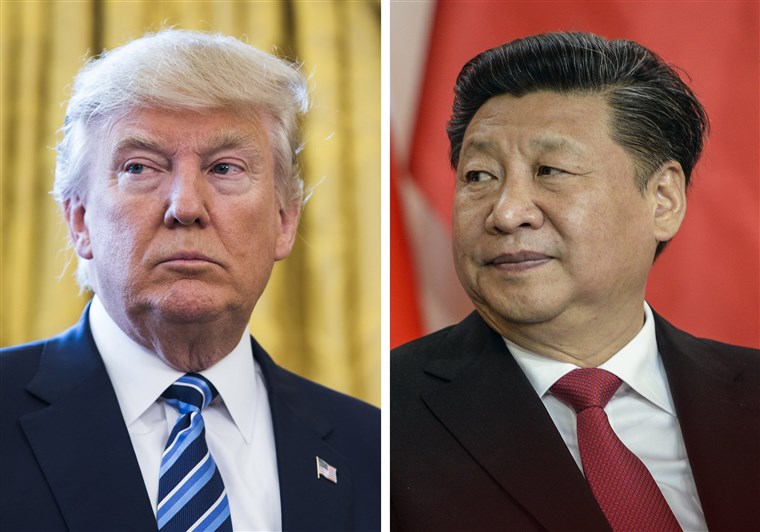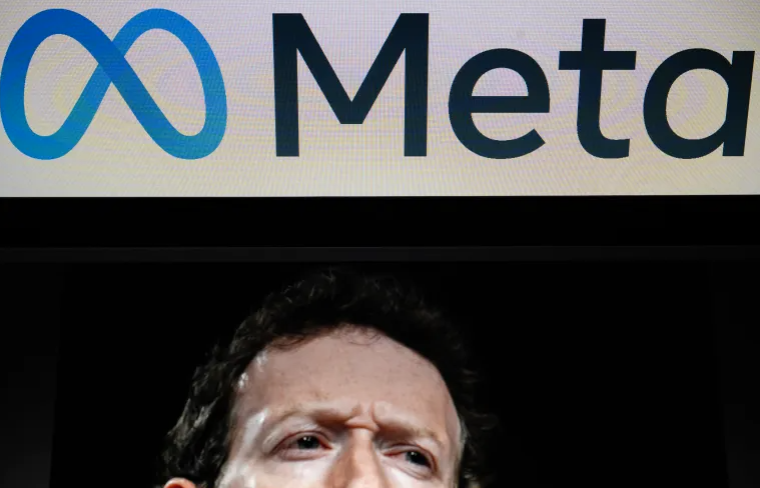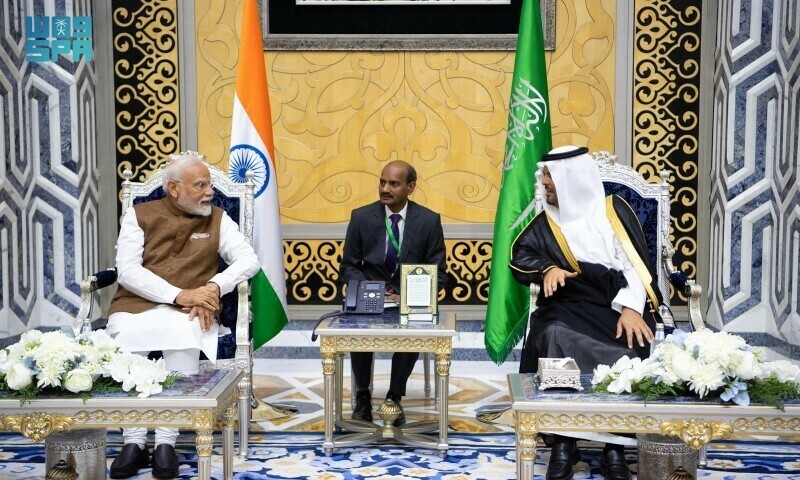WORLD NEWS

China has expressed its willingness to engage in trade talks with the United States, following US President Donald Trump’s indication that the hefty tariffs imposed on Chinese goods could be reduced once an agreement is reached between the two economic giants.
Since the beginning of Trump’s second term in January, the US and China have been locked in a fierce trade battle, with tariffs on Chinese goods reaching as high as 145%. These duties, initially levied over China’s alleged role in the fentanyl supply chain and later over practices deemed unfair by Washington, have significantly strained the global economy.
In response, China has imposed counter-tariffs of 125% on US goods, deepening the trade conflict between the world’s two largest economies. The ongoing tensions have rattled global markets, raising concerns over a potential recession.
Trump acknowledged that the current level of US tariffs on China was “very high” and signalled that they would “come down substantially” once a deal is struck. “They will not be anywhere near that number, but it won’t be zero,” he added, hinting at a de-escalation in the trade war.
Beijing, however, has warned against a dual approach of pursuing talks while maintaining high pressure through tariffs. Foreign Ministry spokesman Guo Jiakun emphasized that “tariff and trade wars have no winners” and reiterated China’s readiness to negotiate, stating that “the door for talks is wide open.” However, Guo also cautioned that continued extreme pressure was not the right approach to dealing with China.
“We do not wish to fight, nor are we afraid of fighting,” Guo said, stressing that China would “fight to the end” if necessary.
In the midst of these trade discussions, Trump also clarified that he had no intention of firing Federal Reserve Chairman Jerome Powell, after several critical remarks raised concerns about potential White House interference with the Fed's policies. Trump expressed that he hoped Powell would be more active in lowering interest rates, which he believes could help the economy.
While the tariff dispute continues, Treasury Secretary Scott Bessent indicated that a de-escalation in tensions is expected soon, a move that boosted market optimism. On the heels of these discussions, global markets showed signs of relief, with Wall Street’s major indexes rising and Asian markets also rallying.
Bessent pointed out that while there is much work to be done with China, the goal is not to decouple from the Chinese economy, but to ensure fair trade practices. He also acknowledged that recent trade tensions had led to a significant drop in container bookings between the US and China.
On the diplomatic front, China’s Foreign Minister Wang Yi has urged the UK and European Union to collaborate with Beijing to safeguard international trade. Japan, meanwhile, is reportedly considering concessions to mitigate the impact of Trump’s tariffs, with plans for a second visit by tariffs envoy Ryosei Akazawa to Washington.
As the global financial community converges in Washington for the IMF and World Bank’s Spring Meetings, all eyes will be on the progress of US-China trade negotiations and their potential impact on global trade and markets.




